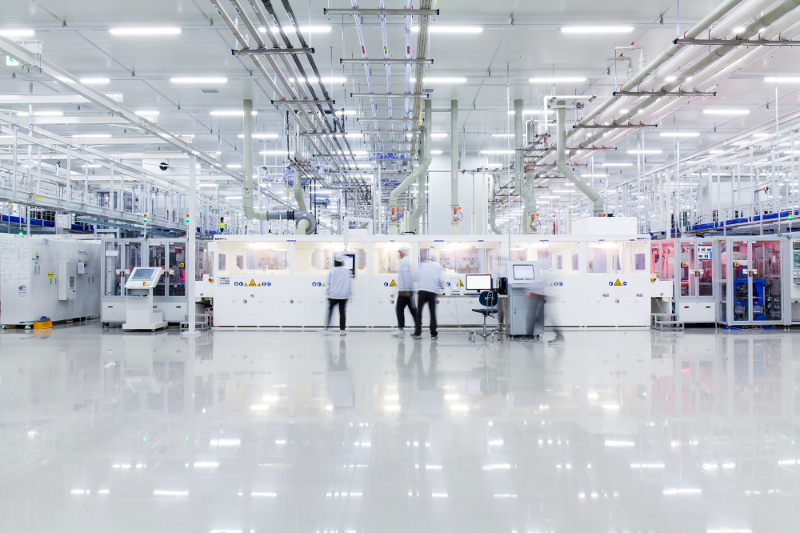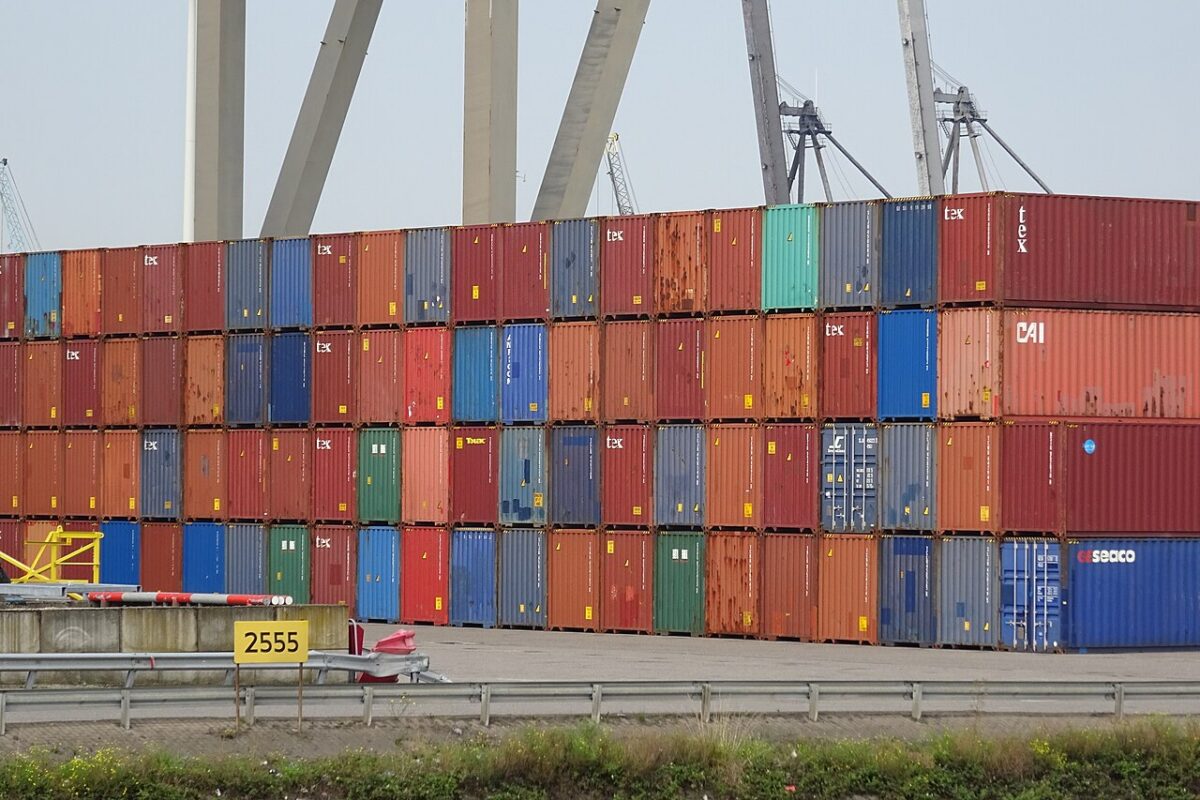Turkey’s Kalyon Holding together with South Korea’s Hanwha Q-Cells won a tender in March to develop a solar PV plant of 1 GW power capacity in Turkey’s Konya province. According to the tender rules, the consortium of Kalyon Holding and Hanwha Q-Cells need to also build a solar panel factory in the country.
On Sunday, Murtaza Ata, Head of the Energy Group at Kalyon Holding told the Turkish state-owned news agency Anadolu, that the solar panel factory will be built in Baskent Organized Industrial Site located in Ankara, Turkey’s capital, with a ceremony planned to take place in November. The factory will be Turkey’s first integrated solar panel production facility.
“Although the capacity of the facility will be 500 MW initially, we made our plans so we can increase its capacity to 1000 MW,” Ata told Anadolu Agency.
Ata added that the consortium’s solar panel factory in Ankara will start producing its first panels in the end of 2018, requiring an investment of about US$450 million, which will need to reach up to US$1 billion when the factory’s output becomes 1000 MW.
According to the tender rules the facility should produce 60 percent of its output for local solar PV installations in the first year, while this percentage needs to become at least 70 percent thereafter. Similarly, the panel factory, which Ata said will employ around 1000 engineers and technicians, along with 100 staff at the R&D department, requires that 80 percent of the R&D staff will be Turkish.
Regarding the 1 GW solar PV plant in Konya, Ata said the plan is to start generating electricity in the first quarter of 2019, meeting the electricity requirements of 600,000 households.
More clarity is needed
Anadolu Agency reports that the integrated solar facility in Ankara will include the production of ingot/wafer, solar cell production and panels.
However, Ates Ugurel, founder of Turkey’s Solar Energy Society Solarbaba, told pv magazine that “we [Solarbaba] believe that there is a mistake in this news; the module production may take place in Ankara but most probably the ingot-wafer production will take place in another harbour city (like Istanbul, Izmır or Mersin) which is much more feasible due to logistics and existing infrastructure (water treatment, power lines etc). Thus, we are looking forward to a more detailed explanation from Hanwha QCells.”
Ugurel added that Turkey’s installed PV capacity today is about 1.5 GW and that this “will most probably [become] 2 GW at the end of the year.”
pv magazine has run an analysis considering what the Konya tender, that concluded in a feed-in tariff of $0.0699 per kWh for the 1 GW solar PV plant, means for Turkey’s PV sector.
Turkey’s energy minister said in March that a new tender for an additional 1 GW of new solar PV plants will take place by the end of the summer, but his announcement didn’t materialise.
On the contrary, Turkey tendered 1 GW of new wind power capacity on 3rd August. The winning consortium of Germany’s Siemens and Turkey’s Türkerler and Kalyon Enerji Holdings offered the lowest bidding price at US$3.48 cents per kWh. Again, the tender requires the local production of wind turbines and that the new wind power installations will be built, in their majority, with components made in Turkey. Comparisons between Turkey’s wind and solar PV industries should be avoided though, given Turkey has already installed 6 GW of wind power and its wind energy market is rather mature.
This content is protected by copyright and may not be reused. If you want to cooperate with us and would like to reuse some of our content, please contact: editors@pv-magazine.com.



1 comment
By submitting this form you agree to pv magazine using your data for the purposes of publishing your comment.
Your personal data will only be disclosed or otherwise transmitted to third parties for the purposes of spam filtering or if this is necessary for technical maintenance of the website. Any other transfer to third parties will not take place unless this is justified on the basis of applicable data protection regulations or if pv magazine is legally obliged to do so.
You may revoke this consent at any time with effect for the future, in which case your personal data will be deleted immediately. Otherwise, your data will be deleted if pv magazine has processed your request or the purpose of data storage is fulfilled.
Further information on data privacy can be found in our Data Protection Policy.